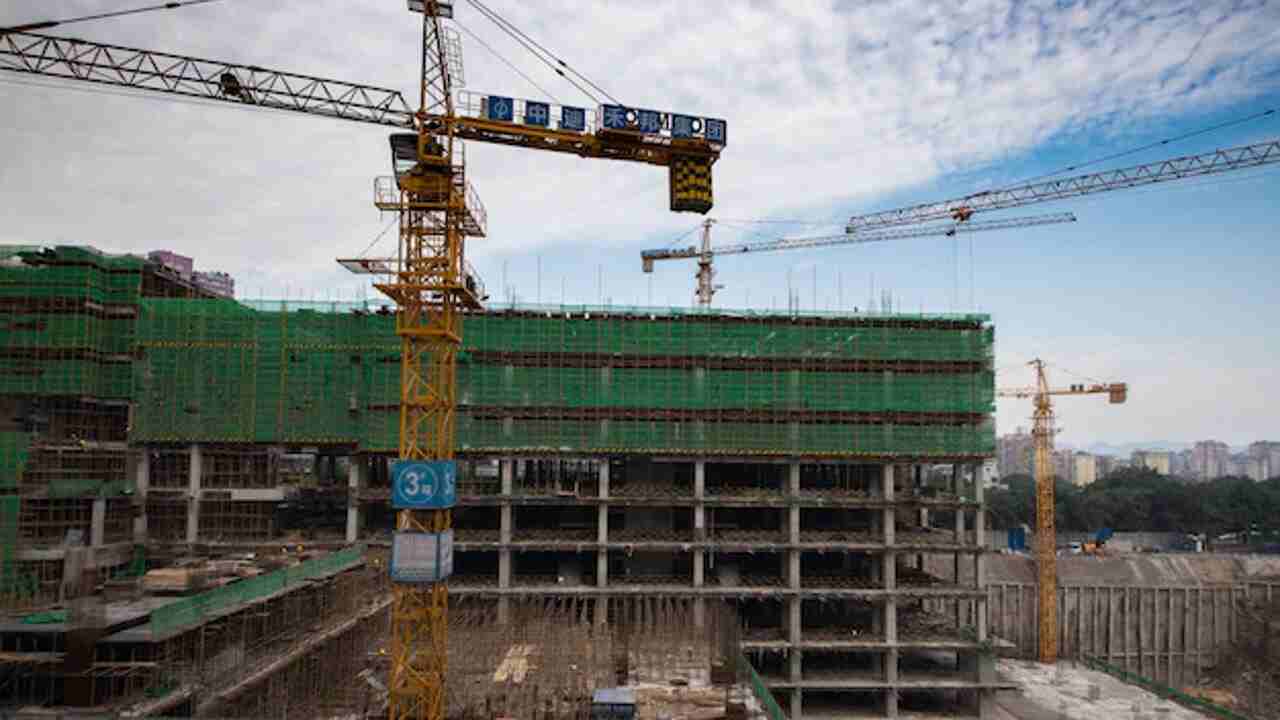Investing in Under Construction Projects in Thane: A Guide for NRIs
Listen to this Article

Investing in under construction projects in Thane, India, can be a lucrative opportunity for NRIs (Non-Residential Indians) looking for both a property investment and a connection to their motherland. This comprehensive guide aims to provide NRIs with a detailed overview of the benefits, considerations, and steps involved in purchasing under construction projects in Thane. From property types and taxation to power of attorney, finance and funding, and registration documents, this guide covers essential information to help NRIs make informed investment decisions.
Benefits of Investing in Under Construction Projects in Thane
Investing in under construction projects in Thane offers several advantages for NRIs:
1. Regular Rental Income:
Real estate valuers employ two primary methods to determine the market value of a property: the sales comparison method and the cost approach.
2. Favorable Investment Policies:
The Indian government considers NRI investments equivalent to those made by residents, offering a level playing field for NRIs.
3. Limited NRI-Focused Projects:
As only a few developers cater specifically to NRIs, investing in under construction projects in Thane can provide unique investment opportunities.
4. Growing Demand for Office Spaces:
The increasing demand for office spaces by multinational corporations and startups in Thane presents a high-return investment opportunity.
5. Favorable Exchange Rates:
The falling value of the Indian rupee and recent policy reforms have made it an opportune time for foreign investors to gain high returns on their investments.
6.Emotional Attachment:
Many NRIs, driven by nostalgia and the desire to return to their home country or support their relatives, choose to invest in India.
Detailed Guide for NRIs Investing in Under Construction Projects in Thane
1. Property Type :
NRIs can purchase residential and commercial properties in India but are restricted from buying agricultural land, farmhouses, or plantation estates without authorization from the Reserve Bank of India. It is essential to have a legal power of attorney if an NRI cannot visit India to make the purchase personally.
2. Taxation and Benefits:
When an NRI acquires a property in India, taxes are deducted at source (TDS) at specific rates on both long-term and short-term capital gains. NRIs can claim a refund on TDS if they fall into a lower tax bracket by filing their income tax returns. NRIs are entitled to several tax breaks similar to those available to Indian residents. Selling a property within three years is considered short-term capital gains and is taxable. However, selling after three years allows NRIs to utilize the proceeds to reduce long-term capital gains tax by investing in another under construction property in Thane.
3. Power of Attorney (PoA) :
NRIs are required to grant a power of attorney to the builder or an associate to handle the property acquisition process. Seeking legal assistance can help prevent fraudulent activities and safeguard the NRI's investment during the development phase. NRIs living abroad can grant power of attorney to trusted friends or family members to complete the property acquisition process in India.
4. Finance and Funding :
NRIs must use Indian currency and local banks to finance their property purchases in India. They need to have an NRI account with an authorized Indian bank. Financial institutions offer NRI home loan plans, requiring NRIs to invest a minimum of 20% of the property's value and allowing them to borrow up to 80%. It is crucial to have all documentation reviewed by a legal professional before approaching a bank for funds. A certificate from the seller confirming the absence of liens and clearing of joint ownership or inheritance issues is necessary. NRIs should ensure that no outstanding debts or dues are owed to any authorities.
5. Registration Documents :
To register the sale deed, NRIs need to provide identification proof documents such as their passport and PAN card, along with current address proof documents like utility bills. Additionally, NRIs, PIOs (Person of Indian Origin), or OCIs (Overseas Citizen of India) require specific documents such as a copy of their passport, visa, passport-size photographs, PAN card, and address proof. Salaried individuals need to submit additional documents like appointment letters and bank statements for the preceding six months, while self-employed individuals require income proof, business incorporation documents, partnership deeds (if applicable), and bank statements.
Conclusion
Investing in under construction projects in Thane offers NRIs an excellent opportunity to connect with their homeland while also enjoying potential high returns on their investments. By considering property types, taxation and benefits, power of attorney, finance and funding, and registration documents, NRIs can navigate the process smoothly and make informed decisions. It is crucial to engage trusted legal professionals, deal only with RERA-registered projects and real estate brokers, and conduct thorough research before making any investment decisions. By following this comprehensive guide, NRIs can maximize their investment potential and fulfill their aspirations of owning property in Thane, India.
Source: raunakgroup.com
Get To Know About: Real Estate Appraisal: Understanding Its Significance
Get More Information About 2 BHK Underconstruction Properties in Thane And For More Details Visit Propertythane.com Or Email Us On info@propertythane.com
Back to All: Real Estate Articles
Share This:

